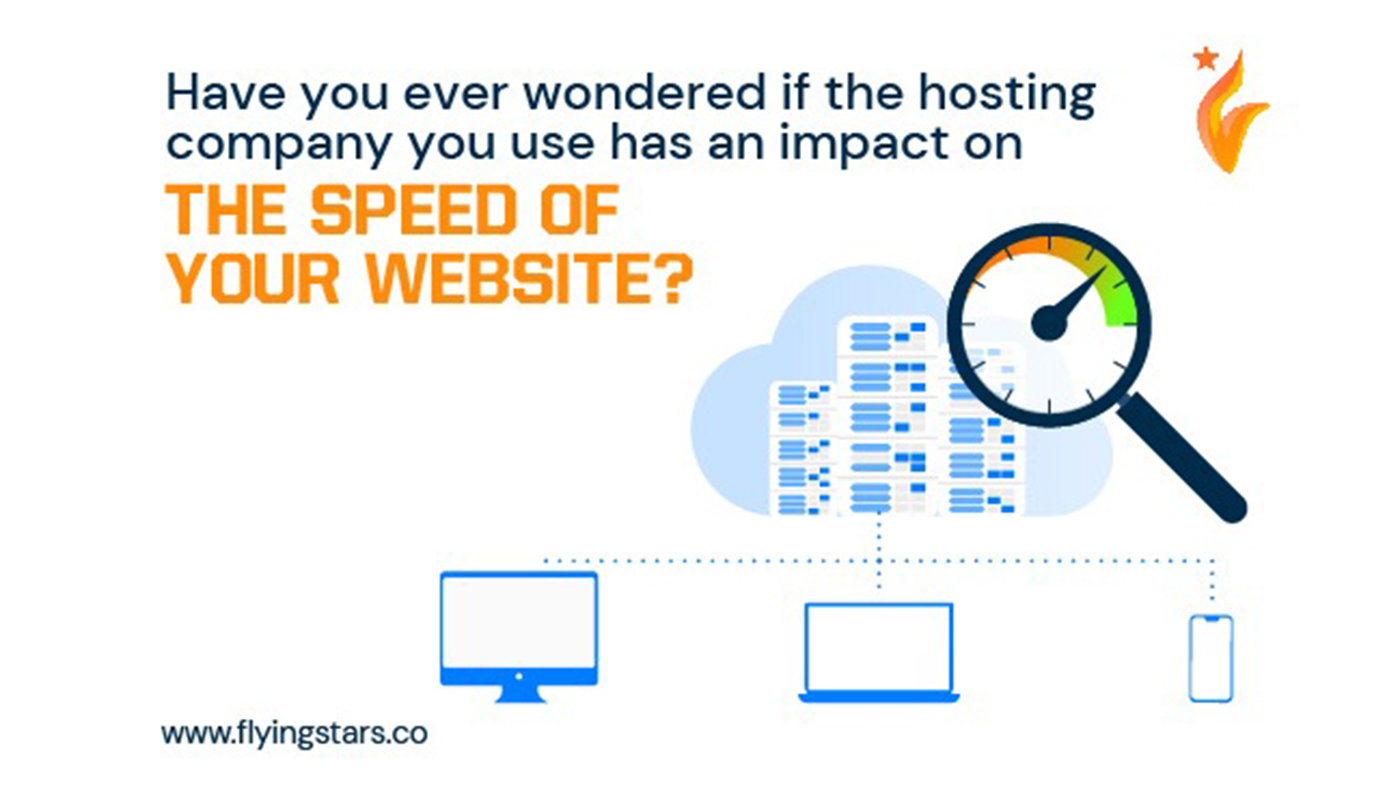12, Jan 2022
Have you ever wondered if the hosting company you use
has an impact on the speed of your website?
In this post, we’ll discuss the significance of page speed and how your web host can help or hinder your site’s performance.
Let’s get started:
What is page speed and why is it important?
MOZ defines website page speed as “a measurement of how quickly the content on your web page loads.” Isn’t it rather straightforward?
It is the amount of time it takes for the content, graphics, fillable forms, and everything else on your page to load and become useable.
The bottom conclusion is that if the procedure takes too long, your audience will leave. Let’s be honest: there are a lot of other firms doing the same thing as you. Why wouldn’t your visitors simply quit and go to a website that provides the same products and a better customer experience?
According to research, 40% of consumers will abandon your site if it takes more than three seconds to load. To put that into context, if 10,000 users visit your site each month, 4,000 of them will leave and never return. That means roughly half of your potential customers are no longer available. Just think about the long-term consequences.
Even worse? Google uses site speed as a ranking factor in search engine results. If your website performs poorly, you might never show up in an online search at all – resulting in NO customers.
Why does website hosting matter?
The web hosting company you choose, as well as the plan you choose, can have a significant impact on the performance of your website. Many small business owners, for example, choose for a shared hosting package because of its price and ease of usage. And if you don’t expect more than 1,000 visitors every day, that’s a perfectly acceptable option.
A shared host, on the other hand, isn’t going to cut it if you have a booming business that receives a lot of traffic or if your website requires a lot of data for things like streaming movies or custom apps. Your site’s performance may deteriorate as a result of the limited bandwidth and RAM, and users will have a negative experience.
What factors affect a hosting service’s speed?
How can you tell which hosting bundle would provide the most dependable service? There are two key factors that affect the speed and performance of a website:
Hard drive: Solid-state drives are more faster and more dependable than traditional hard drives. This means that the page will load faster and perform better.
Resource: More bandwidth and RAM will automatically boost your website’s performance and power. A dedicated server or virtual private server will provide far more resources than a conventional shared server and will prevent other sites from interfering with your performance.
How does a dedicated server increase speed?
When you sign up for shared hosting, your resources are shared among hundreds of other websites. If any of those websites has a spike in traffic, they can consume the remaining bandwidth and RAM, degrading the performance of your own site.
However, with a dedicated server, you have complete control over all of those resources. While each server has a limit to the amount of RAM it can contain and the amount of bandwidth it can generate, it’s quite improbable that you’ll ever reach that limit.
As a result, the server isn’t slowed down by trying to handle thousands of distinct requests at once, and it can run at maximum speed.
Is a dedicated server out of your price range? There is no need to be concerned. VPS offers a price that is similar to that of a shared server while still providing some of the advantages of a dedicated server. Most significantly, a fixed percentage of the resources is guaranteed to your website.
Bottom line:
Your hosting company should be able to guarantee a specific degree of performance regardless of the plan you choose. Our hosting plans are available at a range of prices, but they all provide scalability, flexibility, and dependability. To discover more, contact us right now.


